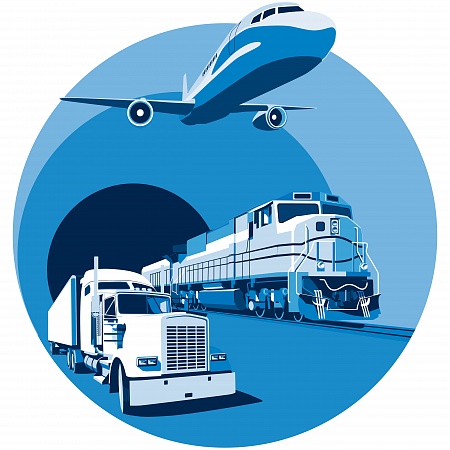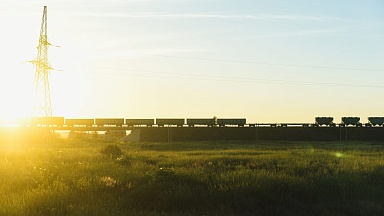The fight against climate change, which is caused by greenhouse gas emissions (including carbon dioxide, CO2), is the reason for the adoption of the course towards low-carbon development by a number of major states and associations. As one of the principal sources of greenhouse gas emissions, all types of international transport undergoes modifications to reduce CO2 emissions and the carbon footprint.
The emergence of environmental agenda is changing the competitive landscape. In this new reality, the «greenest» types of transportation get priority. In this sense, consumers of transport services and the state both become an incentive for the introduction of environmental innovations. Leading countries, which adopted the agenda, including the European Union, Japan and others, have developed and launched emission trading systems, pre-limiting emission volumes. Thus, to overcome the market failure associated with externalities in the use of natural resources, the state adds the environmental aspect to the company expense list.
The environmental component is closely interrelated and is included in the concept of sustainable development. The essence of this concept is expressed in a simple formula: meeting the needs of the present day without undermining the capabilities of future generations. Since issues of sustainable development are broader than the environmental agenda and also include the social sphere, they are only mentioned in this work and require further study.
Thus, the impact of the environmental agenda is heterogeneous both in terms of regulatory practices and in terms of negative impact on the environment, depending on the industry, mode of transport, technological and regional features. At the same time, it is generally believed that pervasion of the environmental agenda is advantageous for rail transportation which is the most environmentally friendly in comparison with aviation, road and sea transportation. In this regard, it seems meaningful to take a closer look at both the nature of environmental agenda impact on rail freight transport, which is the focus of this study, and the comparative advantages of rail transport and specific solutions which allow to to utilize these benefits.



